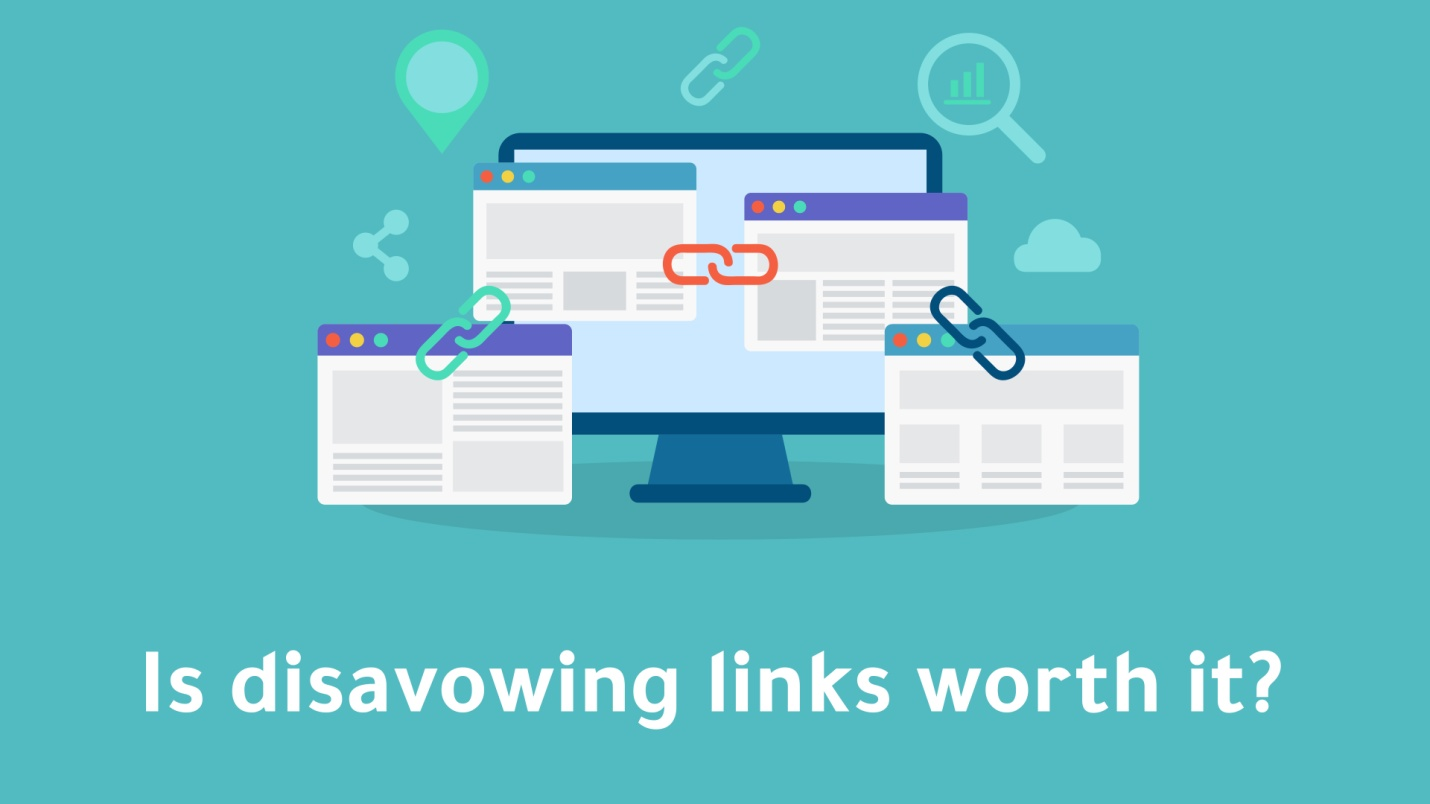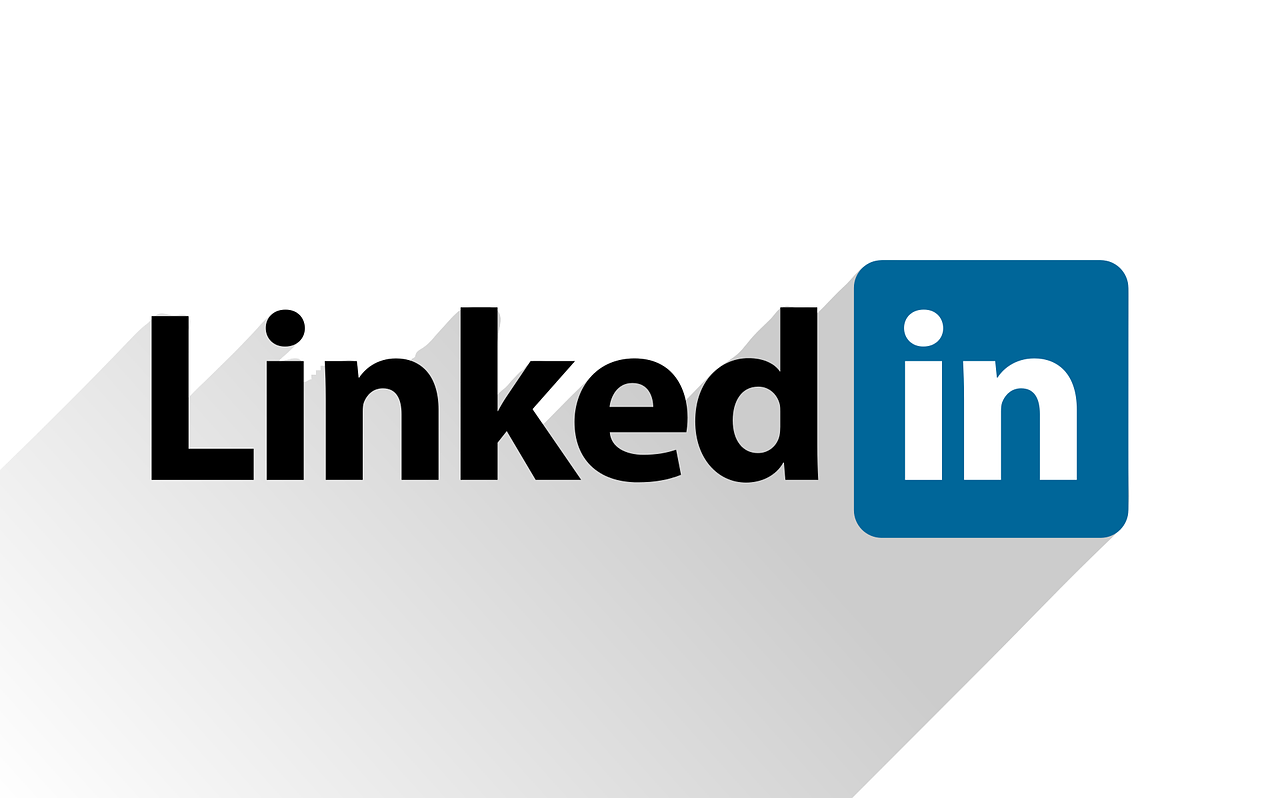What is content syndication?
Sometimes when you are browsing through the internet in search of some article, blog, or any kind of web content, you might have noticed different sites or web pages displaying content of any other page and you might have wondered, “isn’t it illegal to do so?”. Well,it is not if you have the consent of the source page.
This is content syndication.
It is actually a situation when your web-based content is republished by any other website or third-party websites that benefit from your content or find your content relevant.It is actually an online marketing strategy that serves as a license or right to other websites to publish your content.
Content syndication can be of any kind of web content ranging from blog posts to full-length video content. It can either be a summary or a full rendition of the content that a particular site recently added.
Is content syndication good or bad?
A few years back, copying and using someone else’s content was frowned upon. People used to believe in the originality of the content but eversince SEO came along, specialized SEO companiesare looking for quality content to increase their rankings and get improved web traffic.
Under normal circumstances, I would say that content syndication is a good thing. It is actually one of the most successful marketing strategies to expand your range and reach. It benefits both the content provider site and the distributing site by publishing the specific content on their page.
It increases the exposure and traffic of the content producing site and the distributing site gets more users. So normally it is a good thing for both parties.
But this is not always the case. Sometimes, the page or site using your content outranks your own site. Now that’s unfortunate. It might be due to their overall better quality of the content or better online traffic but that doesn’t matter.
What matters is that it is reducing web traffic on your page and affecting your rankings. There are a number of steps you can take to get yourself out of this conundrum.
Using the disavow tool
What does disavowing really mean?
When you disavow a link, you are basically telling the search engines to not consider certain links when searched for your content. Now if you think about it, why would you want to decrease the backline from your site?Nobody in their right mind would want to do that if not necessary.
The Google disavowing tool is very harmful. It works like a chainsaw. It is very efficient for clearing anything and everything that needs elimination but that includes both the beneficial and harmful links.
When you will use the Google disavowing tool, it will remove all links with your syndicated content without caring if they are actually harmful or not. Whenever you use the Google disavowing tool, you are at risk of damaging your SEO by cutting out the helpful or beneficial links.
Which links are we supposed to disavow?
This is the trickiest part. Finding out the problematic links that are damaging your SEO and decreasing your overall ranking.
Now, you must be wondering which type of links can damage your SEO? These are the sites set up just for links, spam sites, and links in various spam sections or as stated earlier, these might be the sites getting more domain authority and page authority scores using your content.
But disavowing a link should be your last resort.
Try to avoid it as much as possible. Before opting for disavowing, there are a number of things you can do to resolve the issue. You can manually request the removal of the problematic link.
You can do this by emailing the owner of the site. You can find the contact information in the sidebar or somewhere else on the page or if you cannot find their email information on the website, you can try reaching out on social media or getting help from Google in finding the contact information but always request a removal before going for the disavowing.
Canonicalization over disavowing
Canonicalization is a process in which you convert your original content into a standard form. It is actually a way of informing the search engines that a specific URL represents the master copy of the original page.
Canonicalization remedies the issues caused by identical or duplicate content appearing on different pages. This solves your problem as Google always ranks the original content when the content is syndicated. So, when it solves the problem, you no longer need to disavow any links.
Keep disavowing as the last resort
Disavowing is a very tricky thing. For instance, leading SEO companies in Dubai suggest that abusing it can backfire on you and your website so they advise to keep it as a last resort. It can deprive you of the valuable backline you get from the syndication of your content. You should always keep it as your last option.
You should try every possible way of eliminating the problem, without using the disavowing tool. Even if you decide to use the disavowing tool, be sure to keep in mind its benefit to damage ratio to your webpage to make sure it’s worth the risk.






